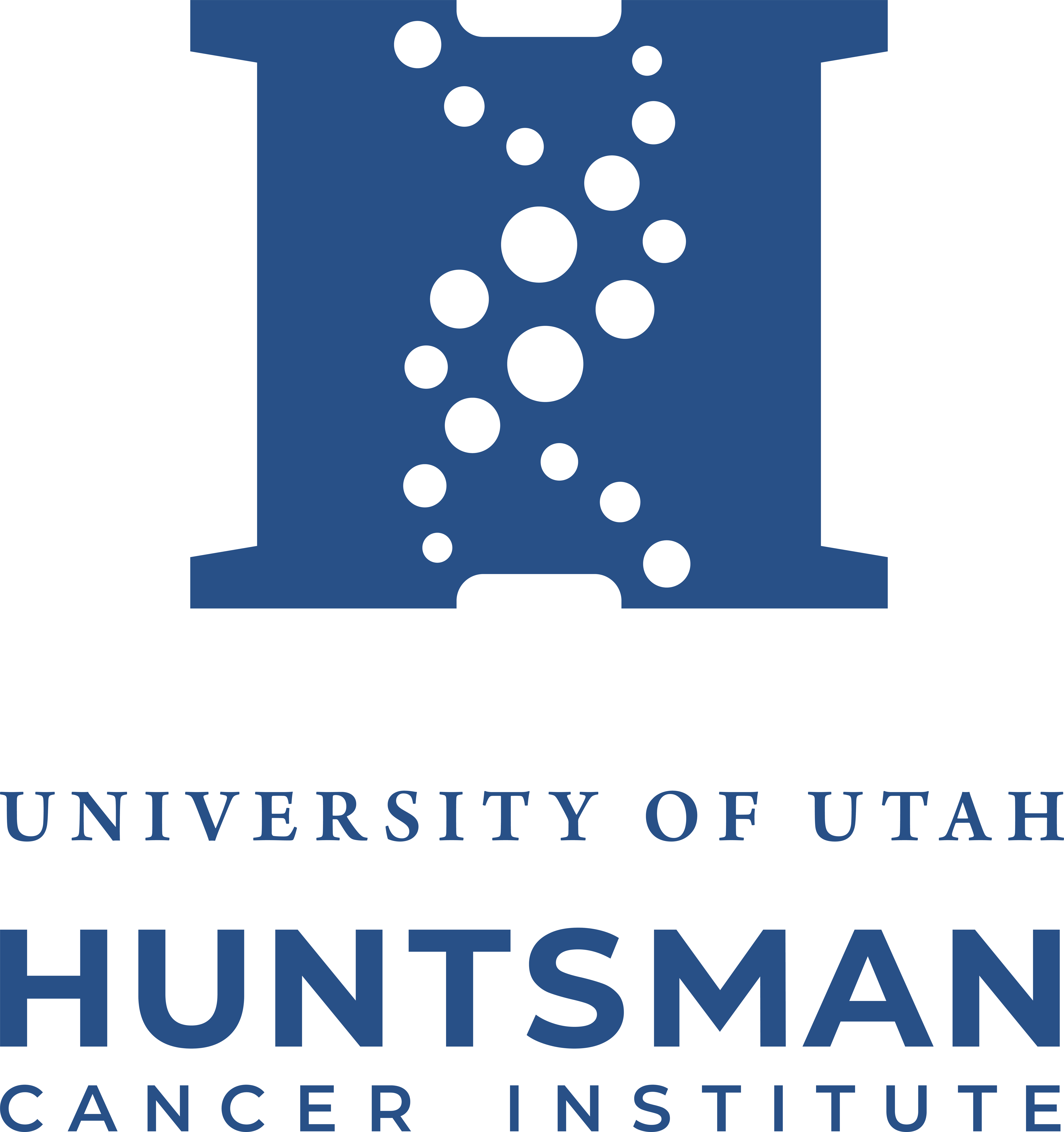
Dr. Agarwal on Adverse Effects With Belzutifan and Mitigation Strategies in RCC

Neeraj Agarwal, MD, discusses the adverse effects associated with belzutifan in patients with renal cell carcinoma.
Neeraj Agarwal, MD, professor of medicine, Presidential Endowed Chair of Cancer Research, director, Genitourinary Oncology Program and the Center of Investigational Therapeutics, Huntsman Cancer Institute, University of Utah, discusses the adverse effects (AEs) associated with belzutifan (MK-6482) in patients with renal cell carcinoma (RCC).
Unique AEs associated with belzutifan, that set this agent apart from VEGF TKIs, include anemia, fatigue, and hypoxia, according to Agarwal. These AEs are all related and may be easier to manage than other treatment-related AEs, Agarwal says. In fact, the AEs associated with belzutifan may be more favorable to patients with RCC who have previously been treated with VEGF TKIs and have experienced AEs such as hand-foot syndrome or a change in taste, Agarwal adds.
In terms of mitigation, dose reduction or blood transfusion can often correct anemia. Moreover, although hypoxia must be monitored, it should be manageable with either dose reduction or oxygen supplementation, Agarwal concludes.




































